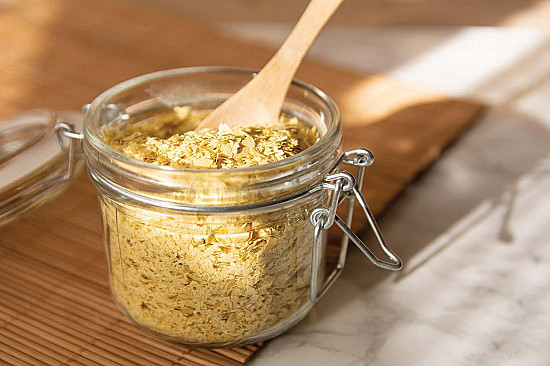Should I try a new blood thinner?
Ask the doctor
Since 1954, warfarin has been available to reduce the risk of blood clots. It works: it reduces the risk of strokes by about 60%. But warfarin is far from a perfect medicine. It increases the risk of major bleeding. It requires frequent blood tests and adjustments of the dose to make sure the blood is "thinned" just enough to prevent unwanted clots, but not so much that it can't clot when you need it to. Warfarin also interacts with many other drugs and with foods. These interactions can increase the risk of either clots or major bleeding. There are antidotes when bleeding results from too much warfarin. Some reverse bleeding quickly; others, such as vitamin K, take longer to act.
To continue reading this article, you must log in.
Subscribe to Harvard Health Online Plus (HHO+) to unlock expert-backed health insights, personalized tools, and exclusive resources to feel your best every day.
Here’s what you get with your HHO+ membership:
- Unlimited access to all Harvard Health Online content
- 4 expertly curated newsletters delivered monthly
- Customized website experience aligned to your health goals
- In-depth health guides on topics like sleep, exercise, and more
- Interactive features like videos and quizzes
- Members-only access to exclusive articles and resources
I’d like to subscribe to HHO+ for $4.99/month to access expert-backed content to help make smart, informed decisions about my well-being.
Sign Me UpAlready a member? Login ».
Disclaimer:
As a service to our readers, Harvard Health Publishing provides access to our library of archived content. Please note the date of last review or update on all articles.
No content on this site, regardless of date, should ever be used as a substitute for direct medical advice from your doctor or other qualified clinician.















